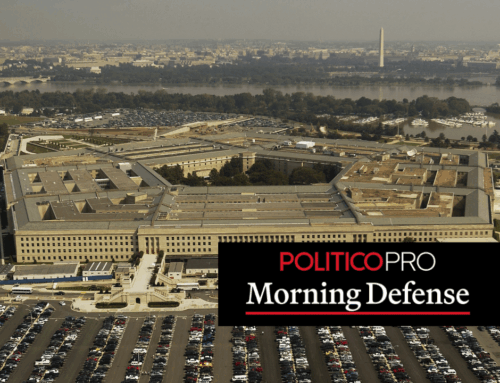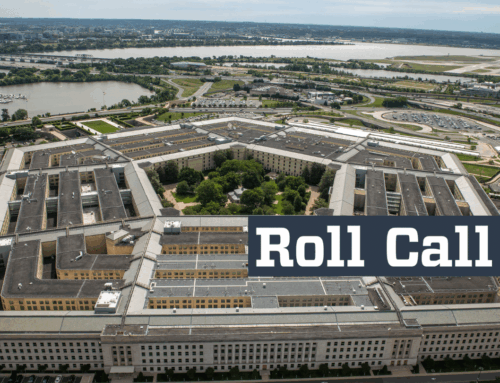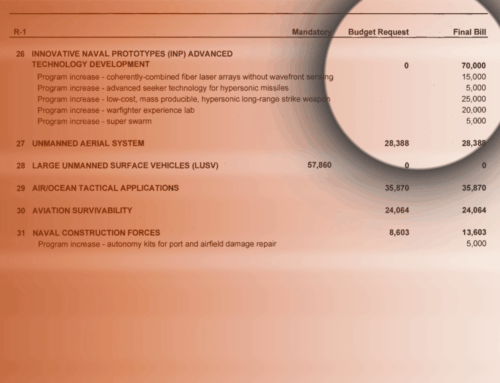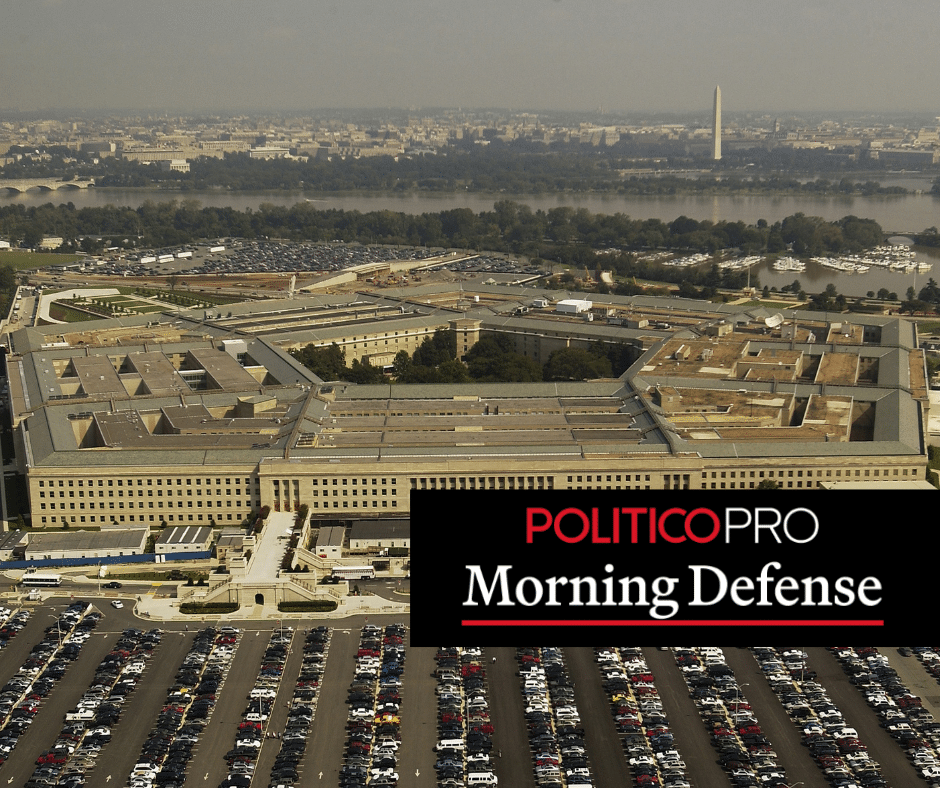The lights are going out on federal oversight—literally. At the end of September, the White House ordered the Office of Management and Budget to withhold funding from the Council of the Inspectors General on Integrity and Efficiency (CIGIE), the hub for more than 70 inspectors general. Within hours, at least 15 oversight websites, including Oversight.gov, went dark. Audit reports, investigative findings, whistleblower portals—all vanished from public view. One of the few direct lines taxpayers had into government waste and misconduct was cut.
The administration’s justification was sweeping but vague. Officials claimed the inspector general system was rife with “corruption and partisanship.” Yet they have produced no evidence—no cases, no examples, no investigations—to support the charge. Congress had already appropriated the funds, and CIGIE relies on contributions from inspector general offices that are insulated from the current shutdown. The decision to starve it was not fiscal necessity.
The reaction on Capitol Hill was swift. Susan Collins, a Republican senator from Maine, and Chuck Grassley, the longtime Republican watchdog from Iowa, immediately demanded that OMB release the money. Without it, they warned, taxpayers are left without the very transparency and oversight that Congress intended, just as emergency spending and shutdown chaos multiply the risks of fraud.
Halting CIGIE operations disrupts training, data-sharing, and coordination across agencies. Even the Pandemic Response Accountability Committee (PRAC), established to monitor trillions of dollars in relief spending, was initially hobbled until OMB restored its funding following pressure from lawmakers. These are not bureaucratic luxuries. They are the plumbing of accountability.
The move fits a broader pattern. This administration has already fired inspectors general, slashed their budgets, hidden legally required data on spending decisions and curbed the reach of the Government Accountability Office. Each time, the effect has been the same: fewer eyes on government spending.
CIGIE is different. It is not a single office or individual but the connective tissue of the entire oversight system. By choking off its funding, the administration is weakening the backbone of federal accountability.
The timing is telling. With the government in partial shutdown, agencies are already stretched thin. At the same time, the White House is testing aggressive uses of pocket rescissions and impoundments— constitutionally dubious budget maneuvers to withhold or cancel money Congress has already approved. Defunding oversight infrastructure while expanding claims of executive power will sideline the checks on how taxpayer dollars are spent.
The consequences are immediate. Americans cannot see how programs are run or whether money is wasted. Auditors lose centralized access to data. The inspector general system, built painstakingly over decades with bipartisan support, is being hollowed out.
This is not an arcane budget fight. It is an assault on taxpayers’ right to transparency. At a moment of fiscal strain, when dollars are scarce and demands are high, the White House has chosen to dim the lights on accountability. That is not just reckless. It is costly.
- Unsplash - Sunira Moses










